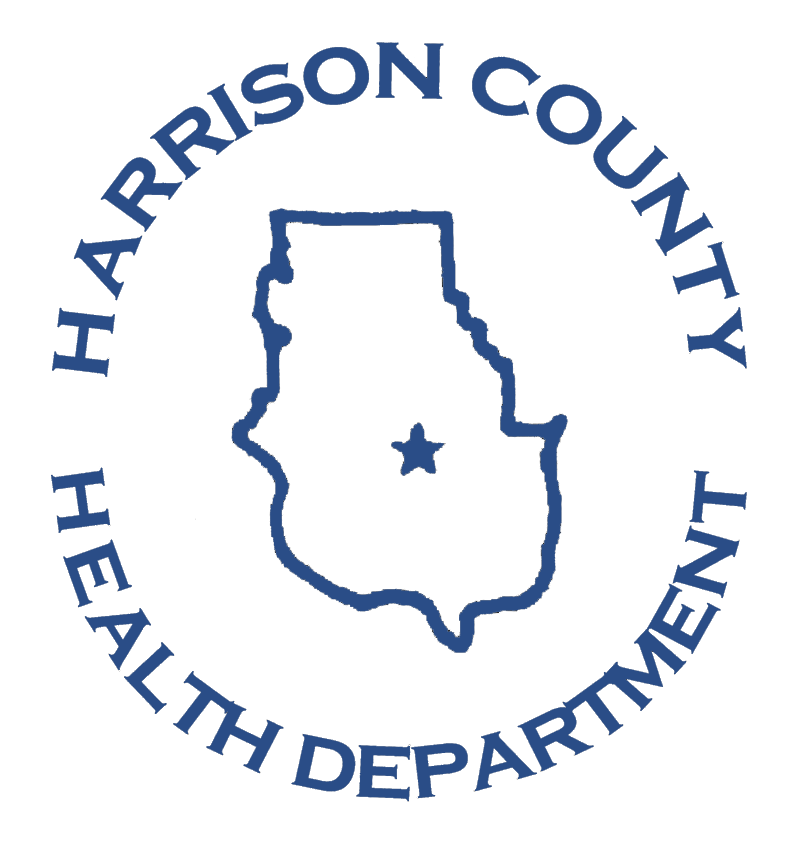 Horses can be infected with the West Nile virus (WNV). The Indiana State Board of Animal Health (BOAH) will collect reports of suspected and actual WNV infections of horses in the State of Indiana. Veterinarians and horse owners are encouraged to report suspected and positive WNV results to the BOAH and county health departments as soon as possible. This helps determine the areas where horses may be at risk and compliments overall surveillance to help protect human life as well.
Horses can be infected with the West Nile virus (WNV). The Indiana State Board of Animal Health (BOAH) will collect reports of suspected and actual WNV infections of horses in the State of Indiana. Veterinarians and horse owners are encouraged to report suspected and positive WNV results to the BOAH and county health departments as soon as possible. This helps determine the areas where horses may be at risk and compliments overall surveillance to help protect human life as well.
What are the signs of WNV in a horse?
In a small number of horses, the virus can affect the central nervous system and cause encephalitis. Horses with severe clinical signs can die as a result of the infection. Signs may include one or more of the following: loss of appetite and depression, fever, weakness of hind limbs, paralysis of hind limbs, impaired vision, failure of muscular coordination, head pressing, head tilting, aimless wandering, convulsions, inability to swallow, circling, hyperexcitability, or coma. A positive diagnosis can be made only by examining blood or pathology testing by a veterinarian.
However, it is important not to presume that horses with clinical signs of encephalitis always have WNV. A definitive diagnosis requires ruling out other important diseases such as rabies, botulism, or equine protozoal myeloencephalitis. It is important to remember that only a small number of infected horses will ever develop neurological signs of this disease and that approximately half of those horses recover completely.
How do horses become infected with WNV?
Horses become infected the same way humans do; by the bite of an infected mosquito.
Can a horse infected with WNV infect other horses or humans?
No. There is no documented evidence that WNV is transmitted from animal to animal or from animal to humans. In fact, humans and horses are considered "dead-end" or "terminal" carriers, because they have not been shown to transmit the infection.
Is there a vaccine against WNV?
Yes, there is a fully licensed and approved vaccine for use in horses. In unvaccinated horses, the mortality rate due to WNV infection is approximately 30 percent. The vaccine requires two doses, 3 to 6 weeks apart, and an annual booster dose. Contact your veterinarian for more information.
What can I do to reduce my horse's risk of becoming infected?
- House horses inside stables during peak periods of mosquito activity (dusk to dawn).
- Avoid turning on lights inside stables. Mosquitoes are attracted to lights.
- Place light bulbs about 50 yards from the stable to attract mosquitoes away from the horses.
- Remove all birds, including chickens, that are in or near the stable.
- Examine the property for dead birds. Handle dead birds only if wearing protective gloves, and place dead birds in plastic bags.
- Carefully examine your property for and eliminate locations that could serve as mosquito breeding grounds, Shallow standing water, used tires, and manure storage pits are ideal places for mosquitoes to breed.
- Mosquito repellents are available for horses. Read the product label before use and follow instructions carefully.
- Stables can be fogged in the evening to reduce the number of mosquitoes.
For specific questions about WNV in horses, call the Indiana State Board of Animal Health, Equine Division, at 317-227-0320.
Can WNV cause illness in dogs or cats?
Small domestic animals have rarely been reported as developing illnesses as a result of the West Nile virus. However, it has been isolated from cats and dogs in other states. Most dogs or cats infected with the virus recover completely. Dead squirrels in Illinois have tested positive for the disease; no WNV-positive squirrels have been identified in Indiana, although there have been numerous reports of sick and dying squirrels.
Should a dog or cat with WNV be euthanized? What is the treatment for an animal infected with WNV?
There is no reason to euthanize an animal infected with the West Nile virus. Full recovery from the infection is likely. Treatment would be supportive and consistent with standard veterinary practices for animals infected with a virus.
